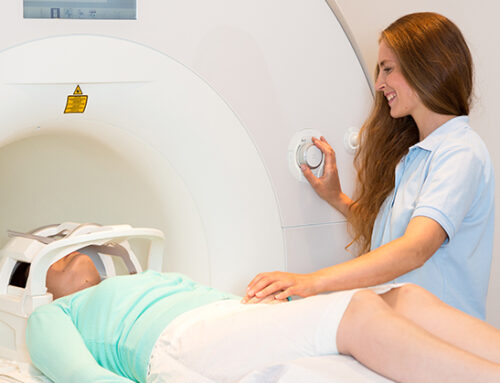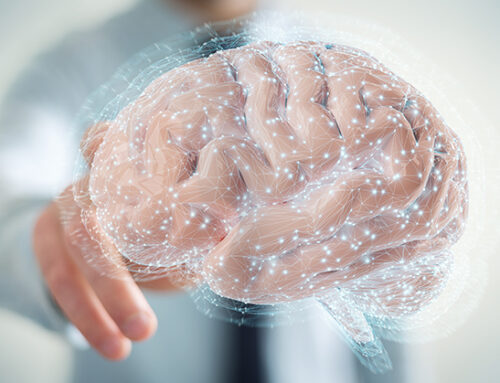It “sounds like the stuff of science fiction,” commented Dr. James Pickett, head of research at the Alzheimer’s Society.
That’s because Stanford University School of Medicine has found a factor in the blood that, as Dr. Pickett describes it, “can enter the [aging] brain and restore some of the processes that are essential for forming new memories.”
An earlier Stanford study found that injecting the blood of young mice into elderly ones was capable of “rejuvenating” the brain, countering the effects of aging to improve learning and memory.
This time they went one step further by using human blood.
Big Gains in Cognition
For their study, the researchers took three groups of older mice and gave each group transfusions of blood plasma from one of three sources: the umbilical cords of babies, the plasma of young adults, or people aged 61 – 82.
There were no effects from older adults and only intermediate effects from the young. But there were notable improvements in learning, memory and the ability to navigate mazes from the umbilical cord plasma.
The researchers found that neurons in the hippocampus – a key area for learning and memory – expressed genes that allowed more cellular connections.
The next task was to search for the blood factor responsible for this effect.
Of the 66 potential proteins found in umbilical cord blood, the scientists isolated one that grabbed their attention, called tissue inhibitor of metalloproteases 2 (TIMP2), a protein that diminishes with aging.
The benefits from umbilical cord plasma were mostly duplicated when using TIMP2 alone. And when the protein was removed from the plasma there were no learning or memory improvements.
This was the first time a human protein has shown cognitive benefits in older mice.
The Stanford research has created a great deal of excitement in the field of anti-aging medicine. Can we rejuvenate ourselves with transfusions of young blood – or elements found in such blood?
Restores the Hippocampus
Dr. Tony Wyss-Coray, professor of neurology and lead author of the study said, “There seems to be something in young human blood that is not in old human blood that can reactivate and rejuvenate these old brains and make mice smarter again.
“Neuroscientists have ignored it and are still ignoring it, but to me it’s remarkable that something in your blood can influence the way you think.
“For largely unknown reasons, the hippocampus is especially vulnerable to normal aging. With advancing age, the hippocampus degenerates, loses nerve cells and shrinks. Hippocampal deterioration is also an early manifestation of Alzheimer’s disease.
“Our results argue that systemic factors present early in life may be beneficial for revitalization of aged tissue and that TIMP2 represents such a restorative factor for the aged hippocampus.”
Benefits the Brain Indirectly
TIMP2 is involved with the maintenance of tissue and cell structures but has never been linked with learning or memory. How it wields its cognitive effects is not known.
Neuroimmunologist Michal Schwartz from Israel believes TIMP2 most likely acts on metabolism or the immune system, with the brain benefiting indirectly.
Stem cell researcher Lee Rubin and his team from Harvard found another blood protein called GDF11 stimulated blood vessel growth in the brain. Later they discovered that it never enters the brain. This leads him to believe, like Mr. Schwartz, that TIMP2 acts on other body systems first before working on the brain.
The Stanford group believe this study, as it involved human blood, increases the likelihood that it could benefit older people in a similar manner. They intend to continue their blood studies until they find out if this is really the case and whether it could have implications for treating neurodegenerative diseases like Alzheimer’s.







